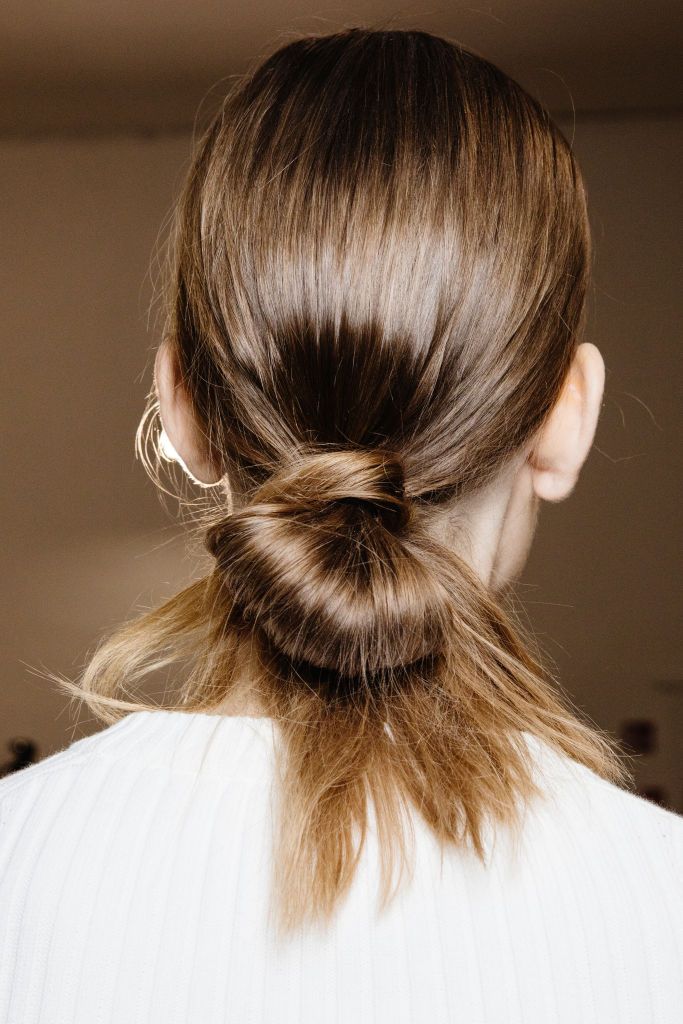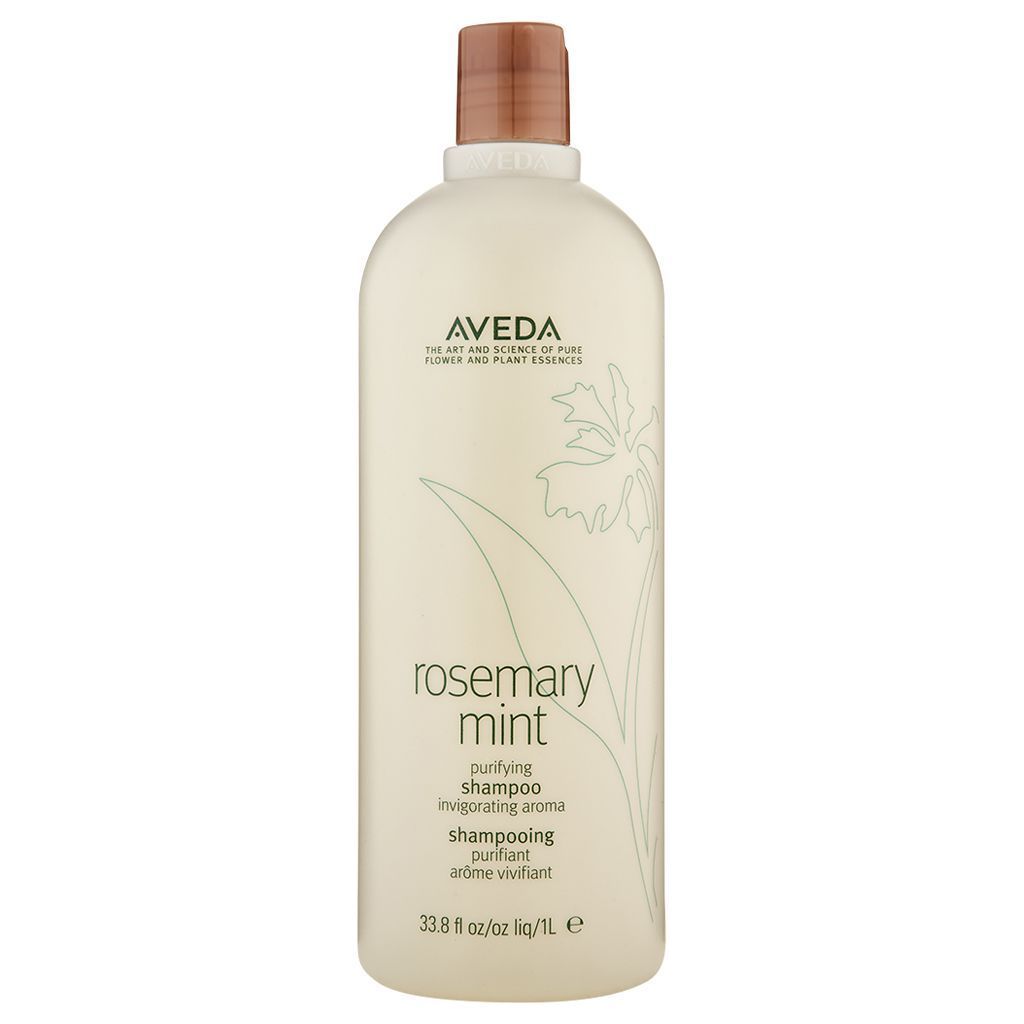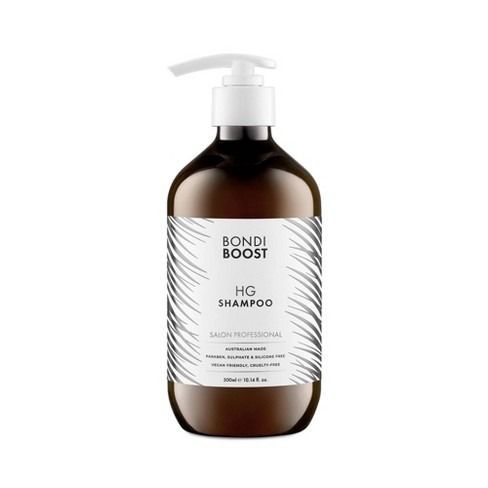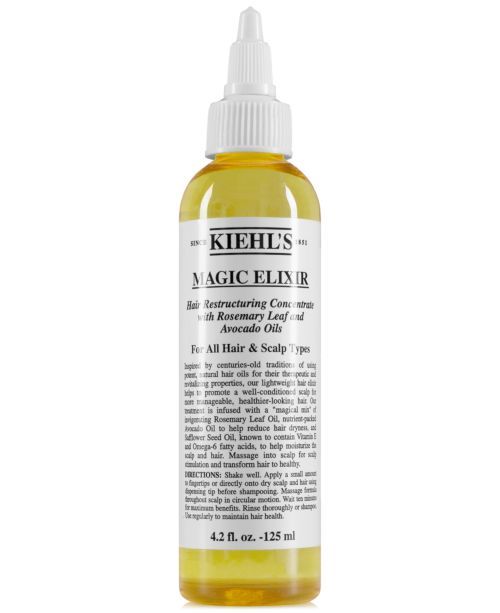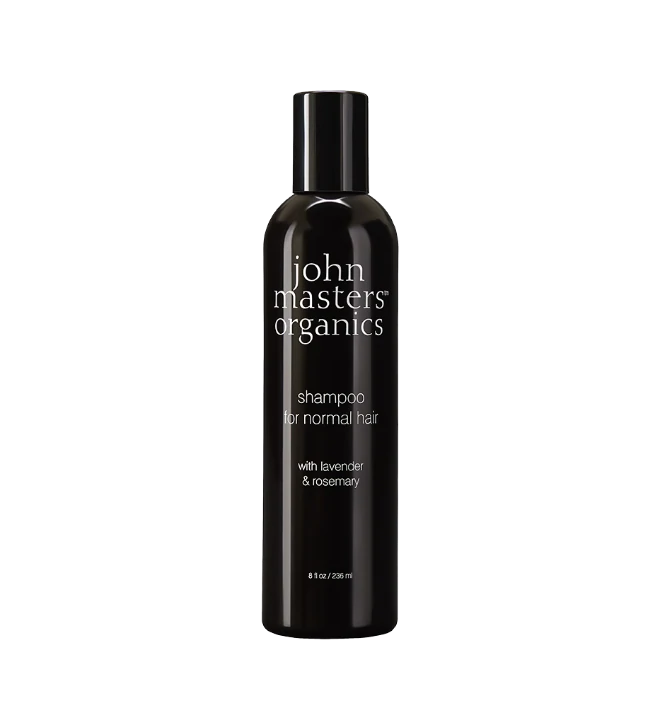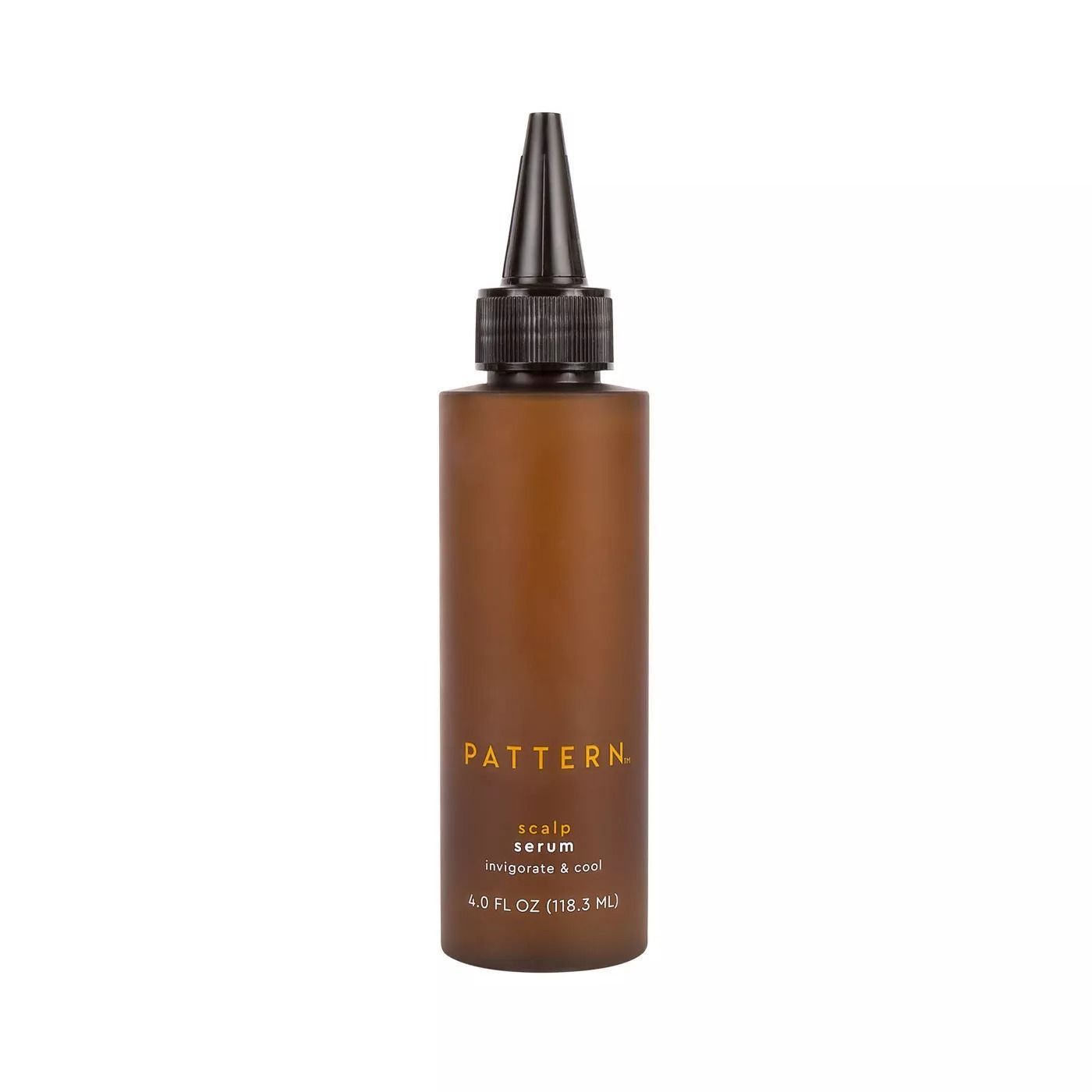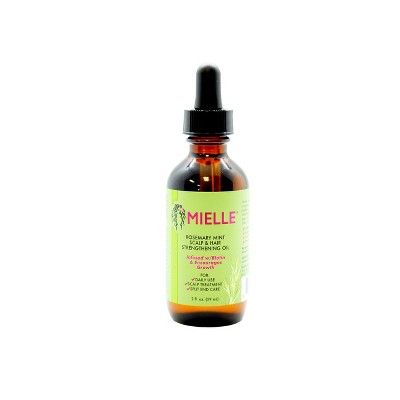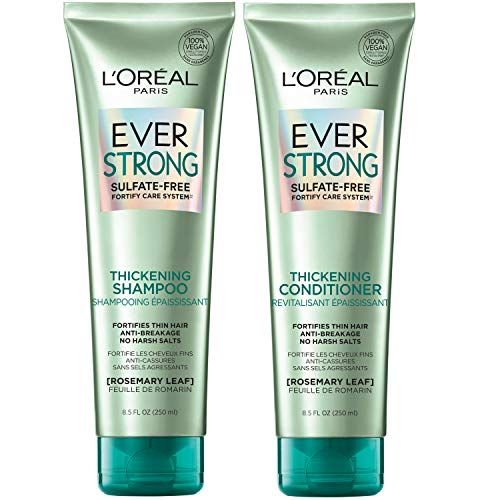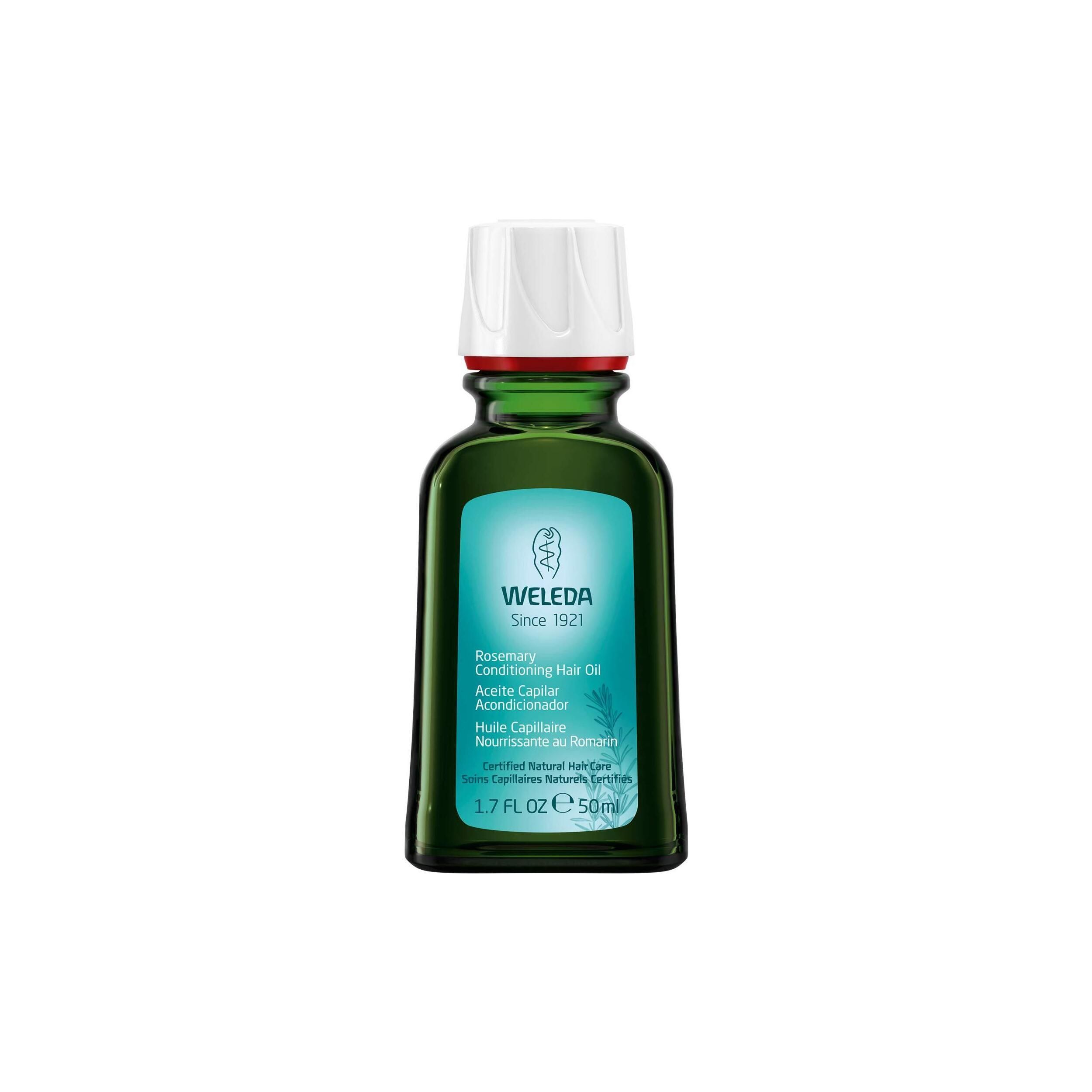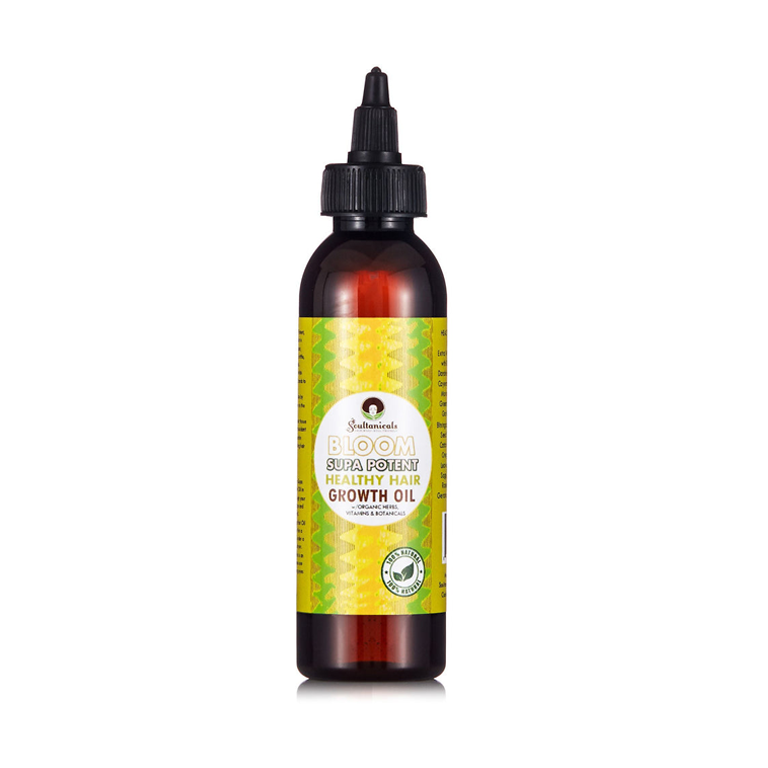How to Use Rosemary Oil to Strengthen and Grow Hair
Although likely best known as a savory seasoning for your favorite dishes, rosemary is believed to have plenty of wellness and beauty benefits, too. In addition to its purported aromatherapy perks, it’s also thought to help moisturize skin and bring hair back to life—specifically repair damage, combat pesky dandruff, and even promote hair growth.
TikTok and Instagram have certainly hyped up its greatness (particularly since there’s little evidence to support the efficacy of hair growth vitamins), but what’s actually the truth and what’s fiction? We turned to the experts for the facts on using rosemary oil for hair.
What is rosemary oil?
First things first. Native to the Mediterranean region, rosemary oil is “a pale liquid oil from the rosemary plant which has an herbaceous aroma,” says cosmetic chemist Ginger King. “It’s often used in perfumes, skincare, and haircare as an antioxidant, anti-inflammatory, and antimicrobial ingredient.”
More From ELLE

How can rosemary oil benefit the hair?
Improves hair growth: So, can rosemary oil help with hair growth? Experts say yes. “The rosemary plant contains carnosic acid, which is known to heal nerve damage, tissue damage, and improve cellular turnover,” says Marnie Nussbaum, MD, FAAD, a board-certified dermatologist. “Therefore, it encourages nerve growth and improves blood circulation. The reason blood circulation is so important to hair growth is that without a proper blood supply, the follicles do not get the nutrients they need to grow the hair, and they can die off.”
“There is one study that compared [rosemary oil] specifically to minoxidil (aka Rogaine off the shelf) and the finding is that the results appeared similar after six months,” says King.
In fact, if you desire fuller, thicker, and more luscious strands, experts agree rosemary oil is one of the most effective types of hair growth oils on the market.
Reduces scalp irritation: From that same study, the majority of those who used rosemary oil also had less itchy scalps.“The rosemary plant in essential oil form is known to boast anti-inflammatory properties,” says Ope Ofodile, MD, MPH, a board-certified cosmetic and medical dermatologist at Dermatology and Surgery Specialists of North Atlanta. “This would be especially beneficial to help soothe distressed scalps.”
Can prevent hair loss: “Rosemary oil is a potent antioxidant that can fight against free radicals,” says Dr. Gaby Longsworth, Ph.D. scientist, certified hair practitioner, and owner of the blog Absolutely Everything Curly. These molecules destroy cells over time and can ultimately lead to hair loss by damaging the hair follicle.
Prevents dandruff: “In addition to improving blood circulation to the scalp, rosemary oil eliminates bacteria that clogs hair follicles,” explains Dr. Longworth. This can “potentially reduce the occurrence of flakes on the scalp,” adds King.
May help reduce gray hair: When cells are damaged from environmental aggressors, they can oxide, which research has shown can play a major role in accelerating aging processes, like hair graying. By actively fighting against those free radicals, rosemary oil may also be able to slow down the graying process.
Trichologist Penny James adds that rosemary oil’s aromatherapy benefits “can also be very helpful to reduce stress that’s known to cause graying.”
How long after using rosemary oil should someone expect to see results in hair growth?
Not all hair will magically transform into Rapunzel-length upon using rosemary oil as it depends on the person’s reaction to it. Also, be prepared to play the waiting game if longer hair is your goal. King says, “There is limited study to prove its effect, but it takes more than six months [of use] to see results.”
Who can use rosemary oil?
“Rosemary essential oil can be used on any hair type because the benefits target the hair follicle, not the hair strand,” says hairstylist Matt Newman. “It is safe to use on color-treated hair, especially because its main use should be directly on the scalp.”
If you have sensitive skin and are unsure how your scalp skin may react, first talk to your dermatologist about integrating the oil into your routine. Newman recommends doing a small patch test first and waiting 24 hours to see if any irritation occurs. “Also, when applying to the scalp, tilt your head backward to avoid any oils dripping into your eyes.”
Also, “There is no data regarding use in pregnancy or breastfeeding; therefore, I would avoid it if possible,” advises Dr. Nussbaum.
How does rosemary oil compare, if at all, to other oils?
Newman notes that what makes rosemary essential oil different from most carrier oils used in hair care is its hair follicle health benefits. Hairstylist Cheryl Bergamy agrees, “Unlike other oils (like tea tree and peppermint) that produce hair growth, rosemary oil strengthens and promotes circulation for thirsty hair follicles that are starving of its blood supply and leading to hair loss.” One caveat: “It must be used more sparingly than carrier oils because overexposure can be irritating to the skin,” says Newman.
What are the downsides to using rosemary oil for hair?
The physical weight of the oil could interfere with your style. Newman says that for people with thin or fine hair or a sparse density of hair, the oils can make the hair look greasy and weighed down. “If this is the case for you, try using the product as a pre-shampoo treatment reserved for days when you will be using a clarifying shampoo on your hair.”
How often should I put rosemary oil in my hair?
“If you’re trying to suppress itching due to dandruff, use the oil mixed with compounds three to four times a week,” suggests James. “Massage it directly into the scalp, leave it on for 20 minutes, then shampoo the oils out of the hair and scalp.”
If you have very fine hair and/or an oily scalp, James advises using rosemary oil once a week as a scalp treatment and washing it out of hair immediately to avoid any greasiness.
Can I leave rosemary in my hair overnight?
Although rosemary oil is not harmful, James warns against leaving it in hair overnight. “Leaving any kind of oil on the scalp for a prolonged period of time will upset the microflora of the scalp,” she says. “This can cause itchiness and redness, and it applies to all oils—not just rosemary oil.”
How can I use rosemary oil for hair?
Mix it with a carrier oil. “You can start by using rosemary essential oil one to two times per week and titrate use upwards to daily as tolerated,” says Dr. Nussbaum. “Only use five drops of it, add it to a carrier oil like coconut or jojoba oil and massage into the scalp for five to ten minutes, and rinse.” Diluting pure rosemary oil helps reduce the potency and, therefore, decreases irritation on the skin.
According to James, rosemary oil can safely be combined with most other essential oils.
Blend into shampoo or conditioner. Bergamy suggests adding it to your shampoo or conditioner to get the benefits while washing your hair. Just be sure to thoroughly wash your hair to get the product out well.
Use rosemary oil products. Alternatively, instead of playing scientist and adding rosemary essential oil to other products, you can use ones that already include the ingredient.
On that note, read on for the best rosemary oil products for hair.

